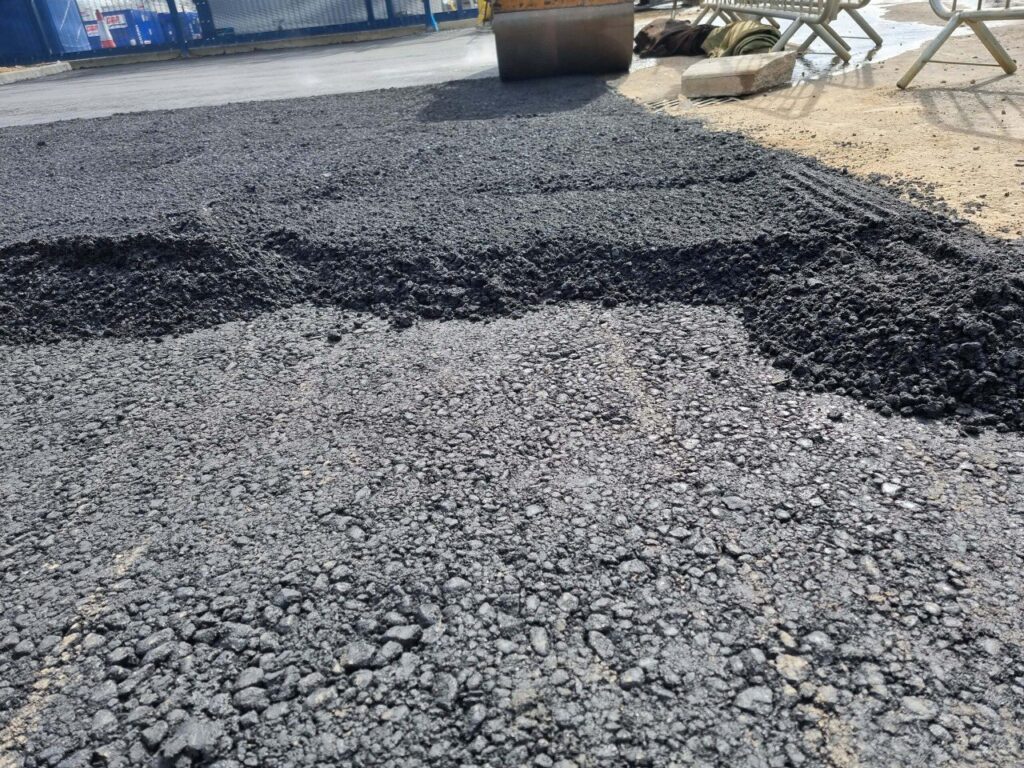The Economic Impact of Tarmac Road Investments
Introduction: Investing in tarmac road infrastructure is not just about creating smoother and safer transportation routes; it also has a profound economic impact on both local and national levels. Tarmac road investments stimulate economic growth, create jobs, improve connectivity, and enhance the overall well-being of communities. This blog post will explore the significant economic benefits of tarmac road investments.
1. Job Creation
Job creation is one of the most immediate economic benefits of tarmac road investments. Road construction and maintenance projects require a diverse workforce, including engineers, surveyors, equipment operators, labourers, and administrative staff. As investment in tarmac roads increases, so do job opportunities in construction and related industries.
2. Improved Connectivity
Tarmac road investments enhance connectivity within and between regions. Well-maintained road networks facilitate the movement of goods and people, reducing transportation costs and increasing market access for businesses. This improved connectivity increases economic activity, as companies can efficiently transport goods to market and reach a broader customer base.
3. Economic Growth
Tarmac road investments contribute to economic growth by fostering a conducive environment for business development. Improved infrastructure attracts businesses to areas with well-connected road networks, spurring investment and job creation. Moreover, the growth in economic activity generates additional tax revenue for local and national governments.
4. Reduced Transportation Costs
High-quality tarmac roadways reduce transportation costs for businesses and individuals. Smoother roads result in less vehicle wear and tear, leading to lower maintenance expenses. Businesses benefit from reduced shipping costs, making their products more competitive and accessible to consumers.
5. Tourism and Recreation
Tarmac road investments can significantly boost tourism and recreational activities in an area. Improved road access to scenic destinations, national parks, and cultural sites attracts tourists, boosting the local economy. Visitors spend money on accommodations, restaurants, and local attractions, creating a ripple effect of economic benefits.
6. Real Estate Value
Tarmac road investments can increase property values in nearby areas. Well-maintained roads and improved accessibility make neighbourhoods desirable, leading to higher property values. Homeowners benefit from increased equity, and local governments receive additional property tax revenue.
7. Safety and Healthcare Savings
Investing in tarmac road safety features, such as better signage and road design, reduces accidents and related healthcare costs. Fewer accidents result in lower healthcare expenses for individuals and reduced economic burdens on healthcare systems.
8. Supply Chain Efficiency
Efficient tarmac roadways are vital for the supply chain industry. Businesses rely on reliable transportation networks to efficiently move raw materials and finished products. Well-maintained roads reduce delays, transportation costs, and supply chain disruptions, ultimately benefiting the economy as a whole.
Conclusion: Tarmac road investments are not merely construction projects but investments in economic growth, job creation, connectivity, and community well-being. These investments significantly impact local and national economies, leading to increased economic activity, reduced costs, and improved quality of life for residents. At Eastbourne Driveways, we understand the vital role of tarmac road investments in shaping thriving communities and driving economic progress.
Call us on: 01323 403 295
Click here to find out more about Eastbourne Driveways
Click here to complete our contact form and see how we can help with your driveway needs.

